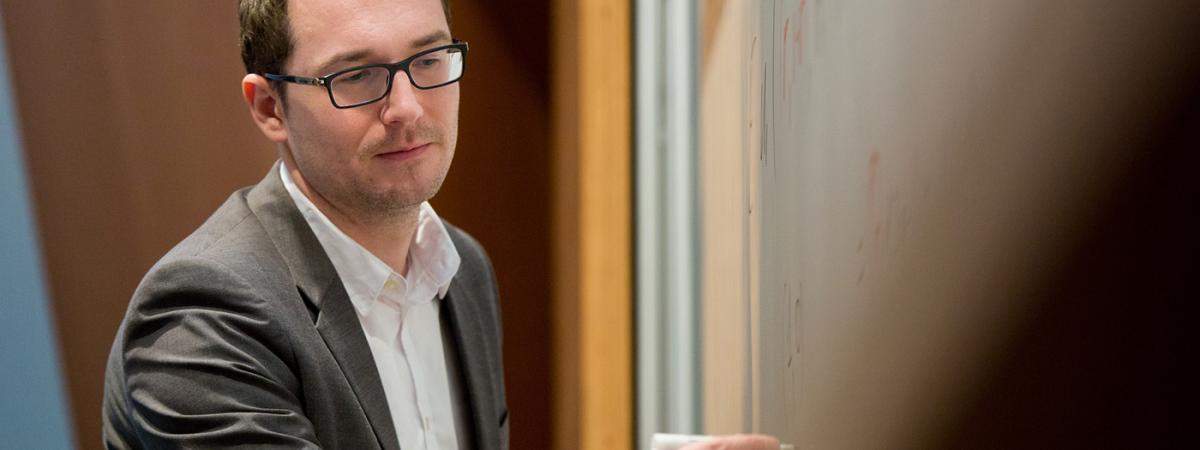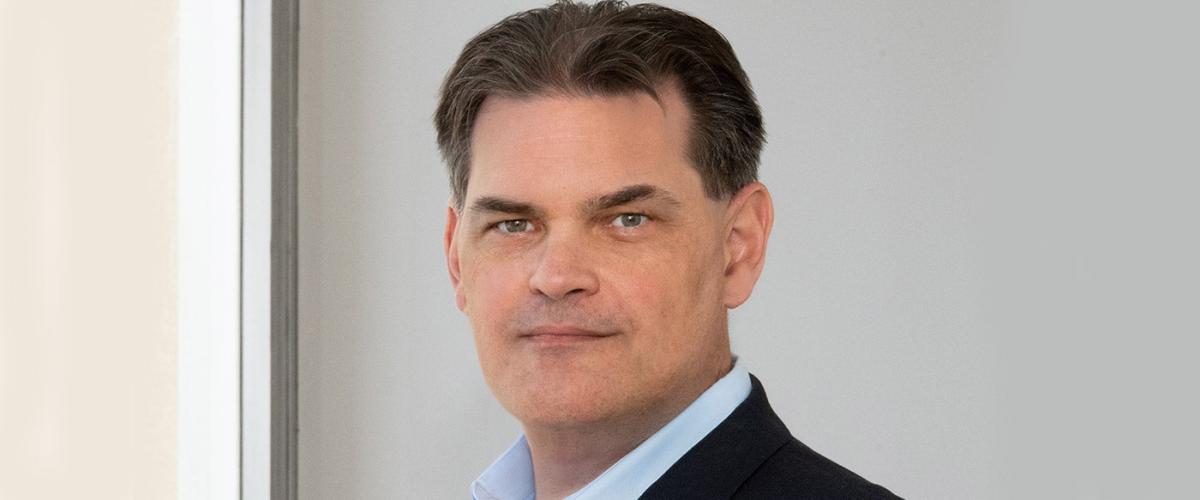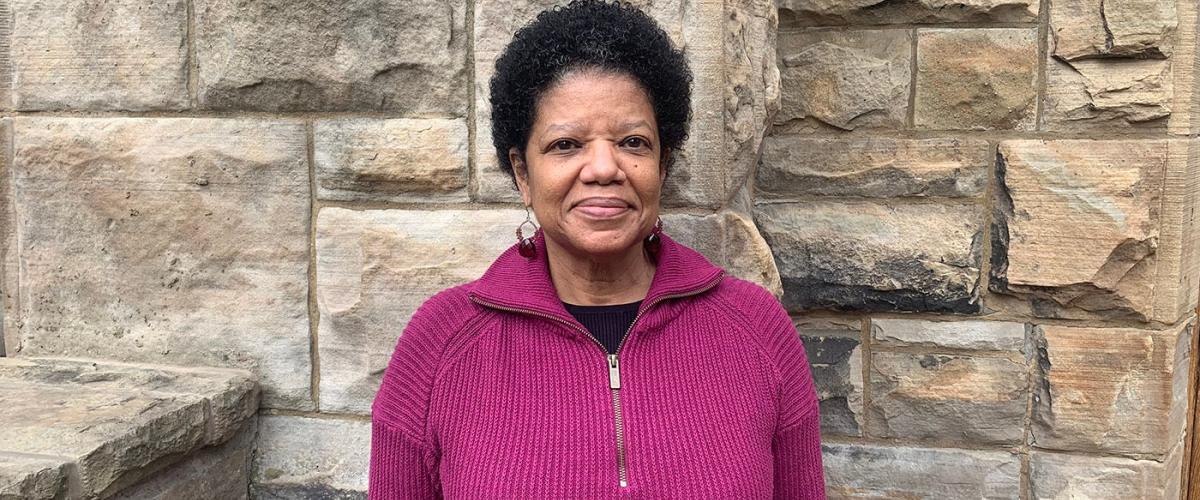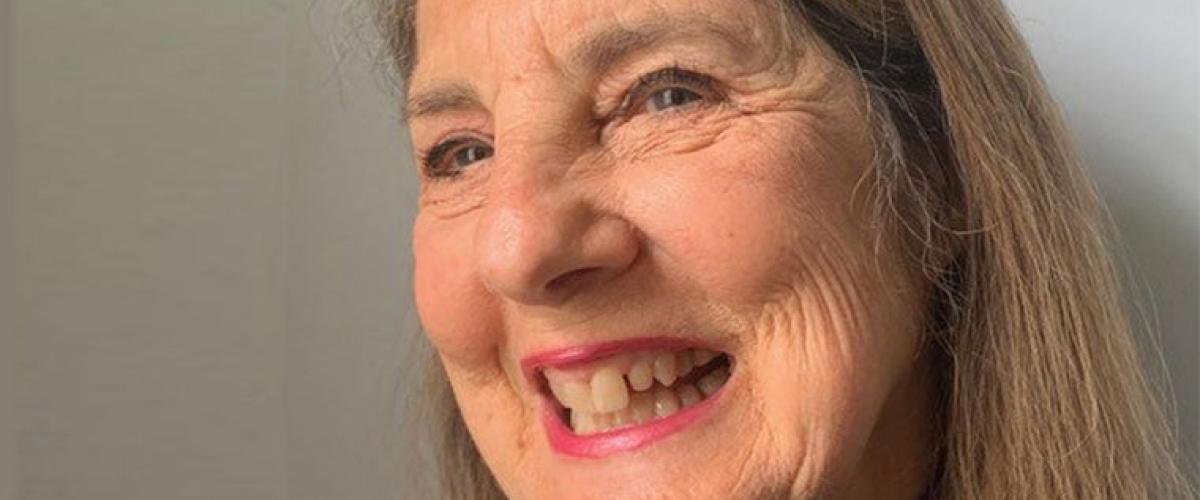Roman Sheremeta doesn’t get anxious often. But when he was watching the Cleveland Cavaliers in the NBA Finals just a few weeks ago, he recognized a feeling he hadn’t had in quite some time.
“I teach hundreds of students every year. Several times I spoke to thousands of people in large auditoriums. I’m used to a lot of pressure,” Sheremeta, assistant professor of economics, said, “but as I was sitting in front of the TV screen, I was getting so anxious.”
The feeling brought him back to the final rounds of a state chess competition many years ago, where he was faced with winning the championship or settling for second place.
He won that championship.
As a young chess prodigy in Ukraine, Sheremeta was always trying to figure out what his opponents were thinking and how he could outwit them.
Beginning at age 6, Sheremeta worked eight hours a day to become an elite chess player, joining the ranks of a “candidate to master” by the time he was 11. At that time he also started to play professionally and winning state championships.
“Eventually, by the age of 13, it was kind of the breaking point,” Sheremeta said. “Before going to high school, I had to decide whether I wanted to pursue chess as my career or to go into more of an academic pursuit.”
He opted to focus on his education, attending a school with an emphasis on mathematics and physics.
As he moved through his academic career, his days of playing chess stuck with him. But Sheremeta’s role in competition has changed. He’s no longer the one looking for a win, instead he’s studying individuals who are to understand what makes them so competitive.
His research focuses on game theory, conflict and conflict resolution and other aspects of behavioral economics. In 2015, Forbes recognized him as a “Top Economic Thinker of Ukrainian descent.”
Though not competitively, Sheremeta does still play chess.
“There’s a funny joke going on in my family here in Cleveland—we have a very big Ukrainian family here, which is probably more than 100 people: They’re still trying to find people to beat me, but it hasn’t worked so far,” he said. “But saying that is not to brag; they’re not professional players.”
Think you could challenge Sheremeta to a game of chess? Before you do, get to know him better with this week’s five questions.





